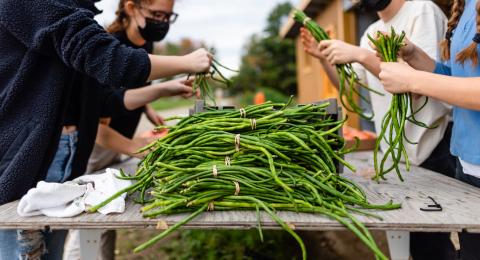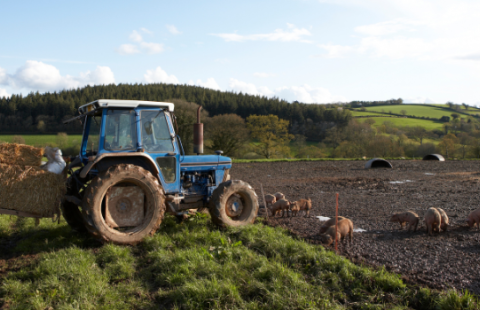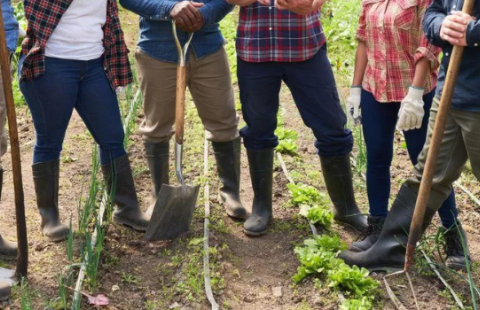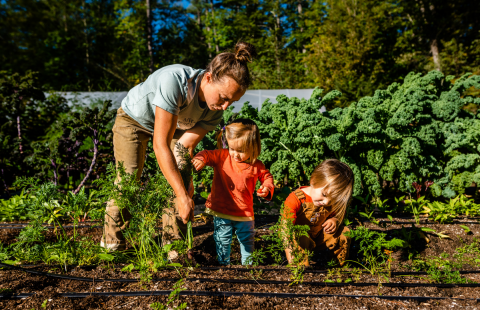NH Food Alliance is a statewide network that engages and connects people dedicated to growing a thriving, fair, and sustainable local food system in the Granite State.
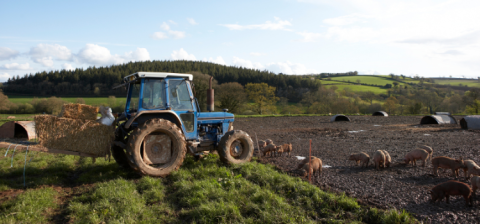
2026 NH Wholesale Producer Directory
Sign up your farm or food businesses to be included in the 2026 directory by January 30.
Learn more
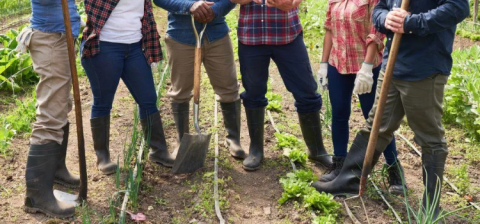
Sponsor the Gathering
Sponsoring the 2026 NH Food System Statewide Gathering drives change in our food system. Sign up to sponsor before February 24!
Learn more
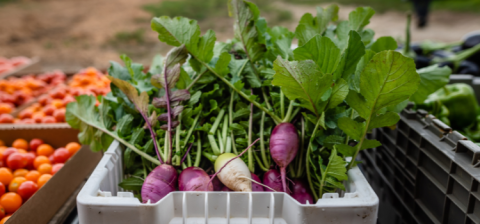
25-26 Network Café Series
Join us on the first Friday of each month, September through April, to learn about and discuss the critical issues facing our food system right now.
Learn more
Report via the Yale Program on Climate Change Communication
Globally, changes to food production and consumption, including reducing food waste and shifting to a more plant-based diet,5 are critical to reducing...
Learn More
Recipe collection made in collaboration with Jennifer Silvia Nutrition
Sweet Beet hopes you find this Winter Immunity Recipe Collection supportive for your immune system and overall wellbeing through the winter months.
Learn More
Article via Foster's Daily Democrat
Deb Anthony, executive director of Gather food pantry and a longstanding nonprofit sector leader, will depart the regional hunger relief organization ...
Learn More
Article via National Geographic
Read more about the impact food choices and waste have on the health of humans and the environment via The National Geographic.
Learn More
Article via Civil Eats
Behind the farm succession crisis stands rising asset prices from real estate to retirement funds, which have remade the global economy over the past ...
Learn More
Explore events, news, and resources from across the New Hampshire food system
Explore a selection of articles, videos, resources, news, and events about or in support of our local New Hampshire food system.
Learn More
Key takeaways from the Network Development Retreat
Read the summary of takeaways and actions items from the NH Food Alliance's 2021 Network Development Retreat.
Learn More
Review and download the full report and learn how the NH Food Alliance network functions
Evaluating the network regularly by conducting bi-annual Network Health Assessments allows us to measure progress and helps provide overall strategic ...
Learn More
Explore events, news, and resources from across the New Hampshire food system
Explore a selection of articles, videos, resources, news, and events about or in support of our local New Hampshire food system.
Learn More
Explore events, news, and resources from across the New Hampshire food system
Explore a selection of articles, videos, resources, news, and events about or in support of our local New Hampshire food system.
Learn More


